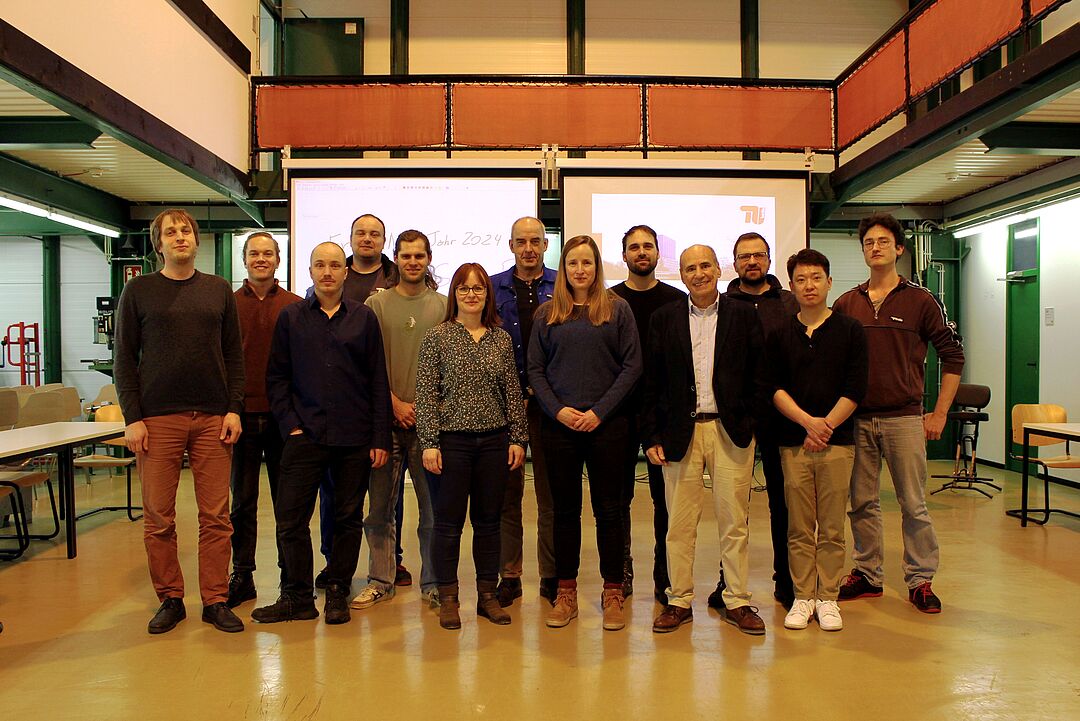The Department of Dynamics of Maritime Systems
 © TU Berlin / FG DMS
© TU Berlin / FG DMS
Teaching and research at the Department of Dynamics of Maritime Systems deal with all aspects of fluid dynamic processes on watercraft and floating bodies. Research fields with direct application to current, socially relevant problems are as much a part of the work at the department as basic research, e.g. in the field of cavitation prediction.
Investigating the manoeuverability and sea behavior of ships is a focus of our research activities and of direct relevance, as any decision on the motorization of watercraft takes place in the area of tension between economical propulsion and safety aspects and must be made on the basis of sound scientific knowledge. Increasingly, studies on wave and tidal power plants, which are to become part of a resource-saving energy supply, are also coming into focus. The department is also well equipped for numerical investigations with its own cluster, various RANSE codes and long experience in the development of numerical methods.
The department has several top-class experimental facilities at its disposal, which are always used in our teaching and research activities. The large circulating and cavitation tank UT2 ("Rosa Röhre" in Berlin vernacular), which is located on the Schleuseninsel, in the immediate vicinity of the department, is currently being restored and is one of the largest circulating tanks in the world. On the Schleuseninsel there are also two so-called towing tanks, a large deep-water basin and a smaller seakeeping basin equipped with a wave machine. At the Severin site there is another cavitation tank (K27), very special because of its free water surface, as well as a small wave channel and a deep water tank.
In addition to a wide range of teaching for prospective naval architects, modules such as "Introduction to Ocean Engineering", "Experimental Naval Architecture and Ocean Engineering" and "Computational Fluid Dynamics for Maritime Systems" are not only aimed at students in the Bachelor's and Master's degree programs in Naval Architecture and Ocean Engineering, but also at all students in engineering programs. The quality of teaching is ensured by a high motivated team. Course content is regularly updated and experienced guest lecturers as well as guest speakers complement the courses, providing valuable expertise and interesting insights into various aspects of the engineering profession. The offer of excursions and personal support for students are also part of our commitment to high-quality teaching.
